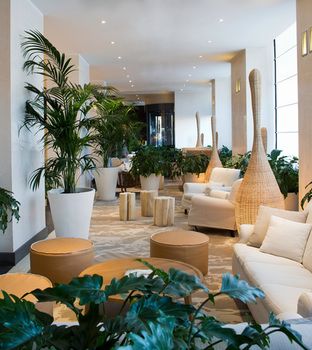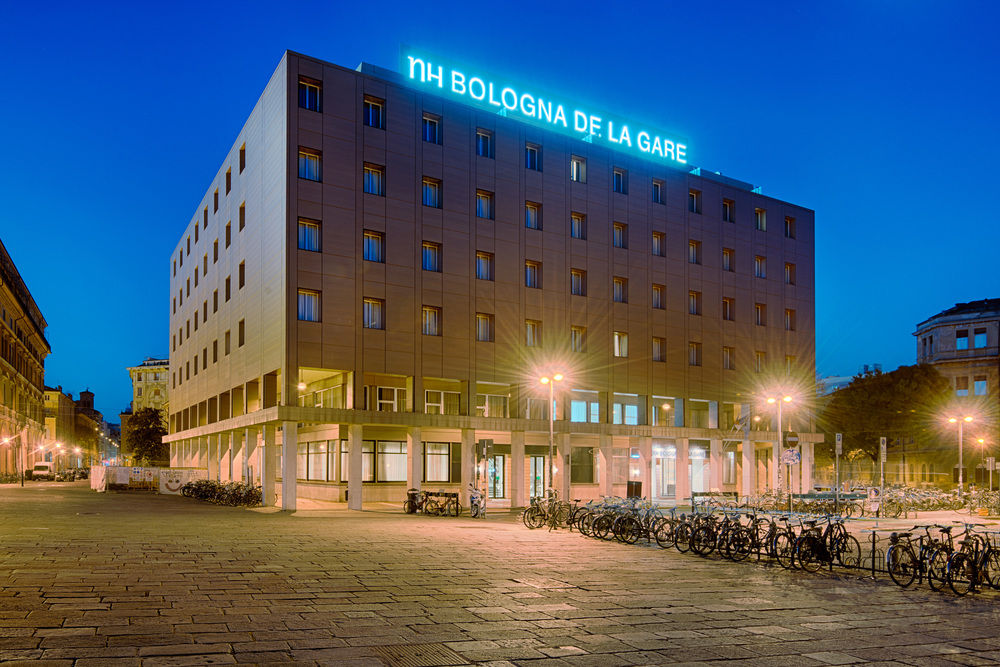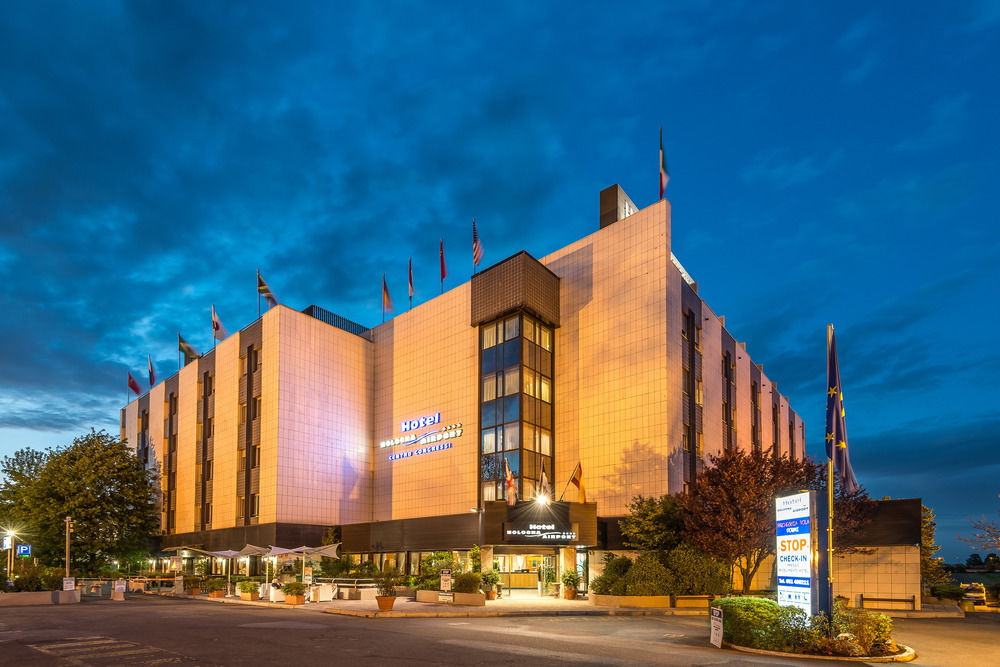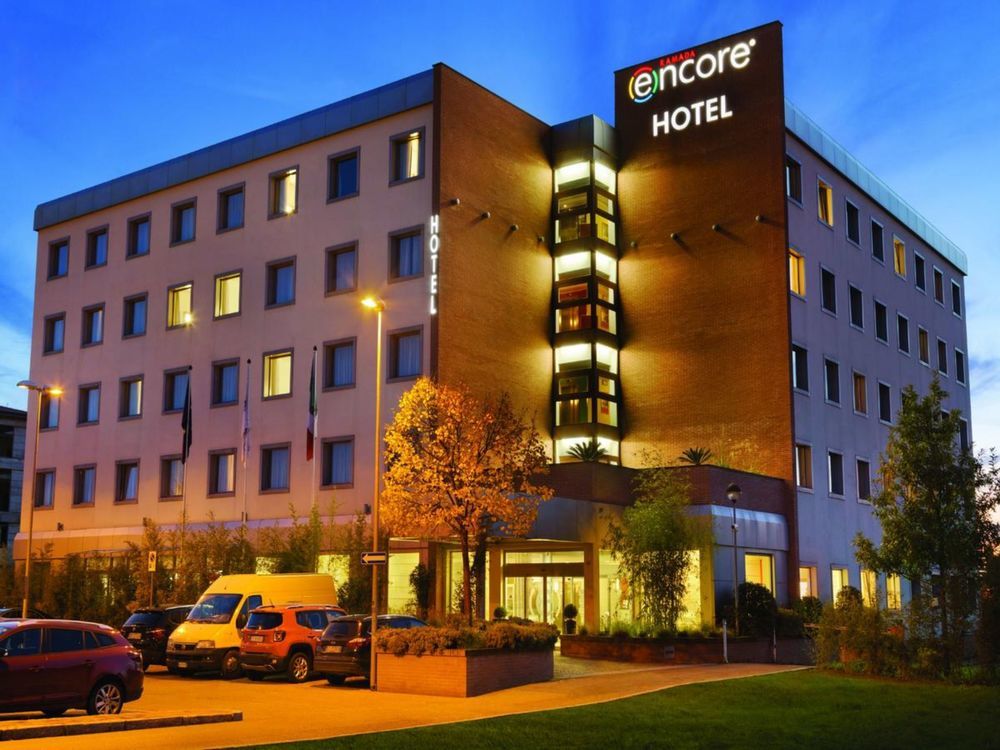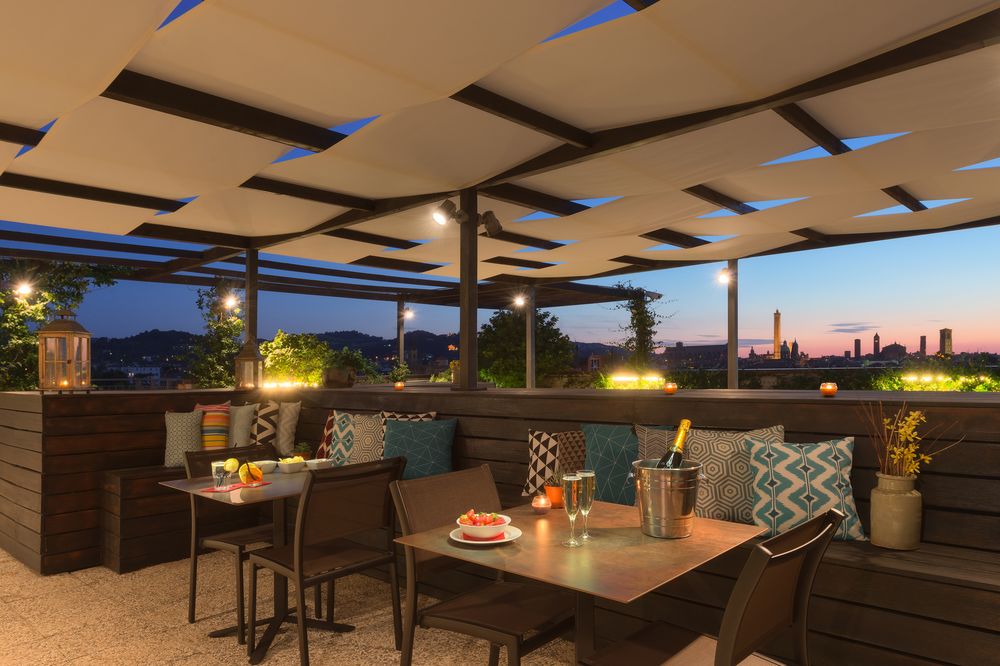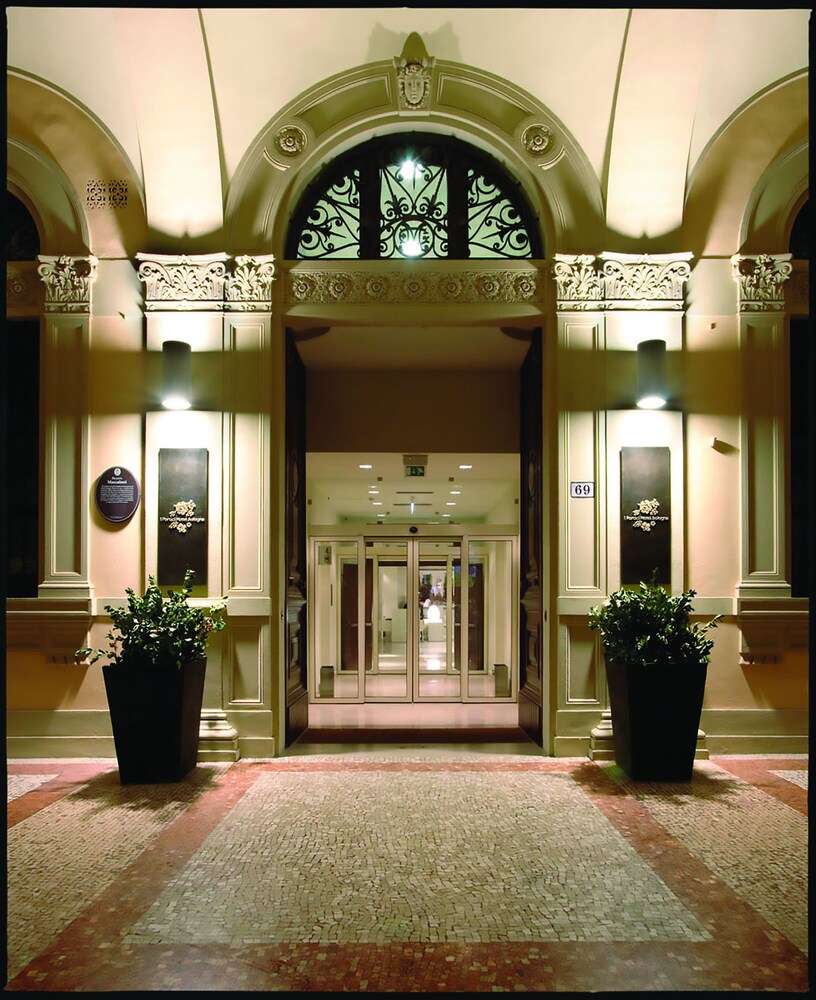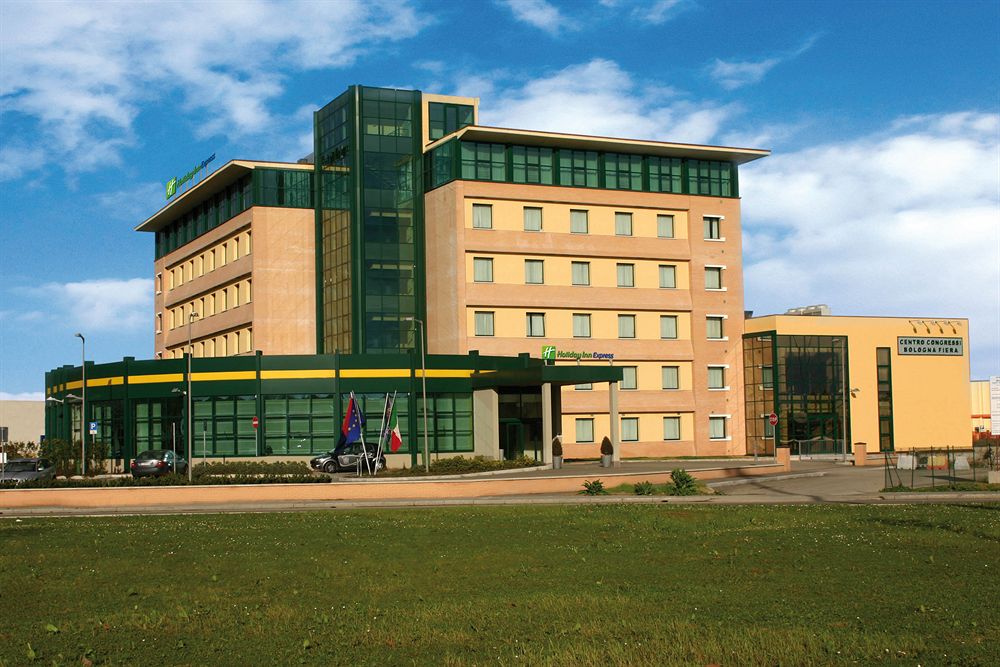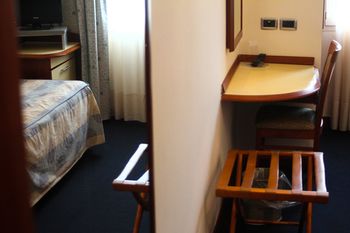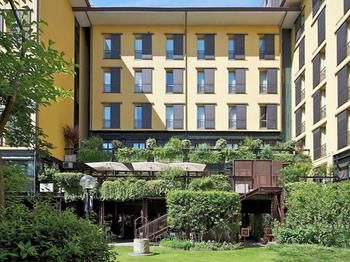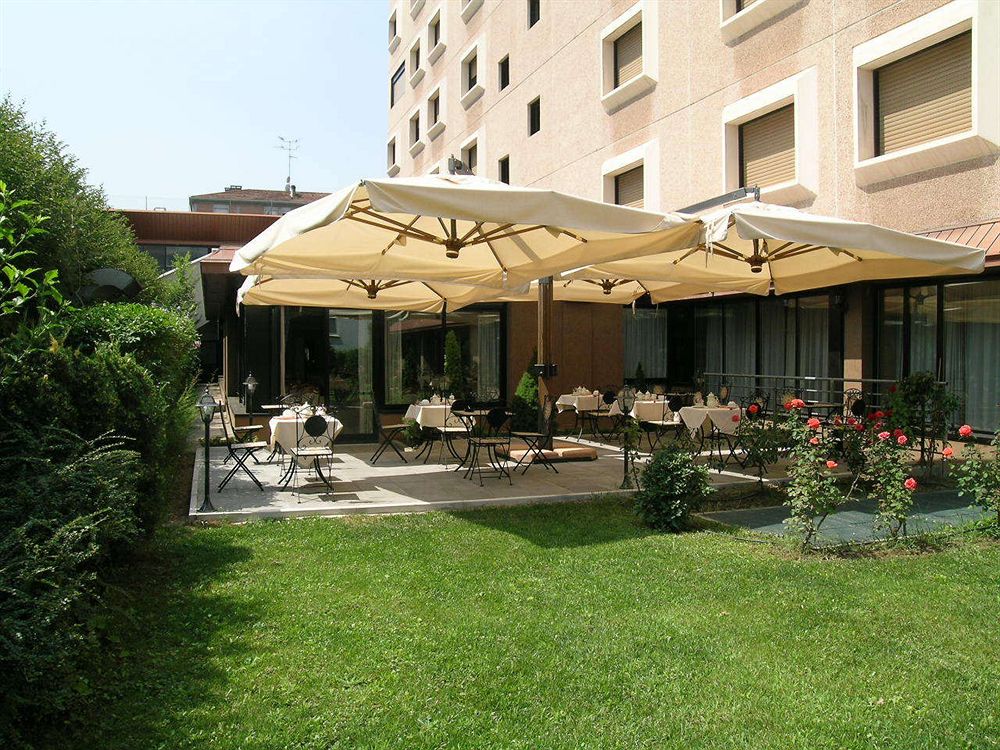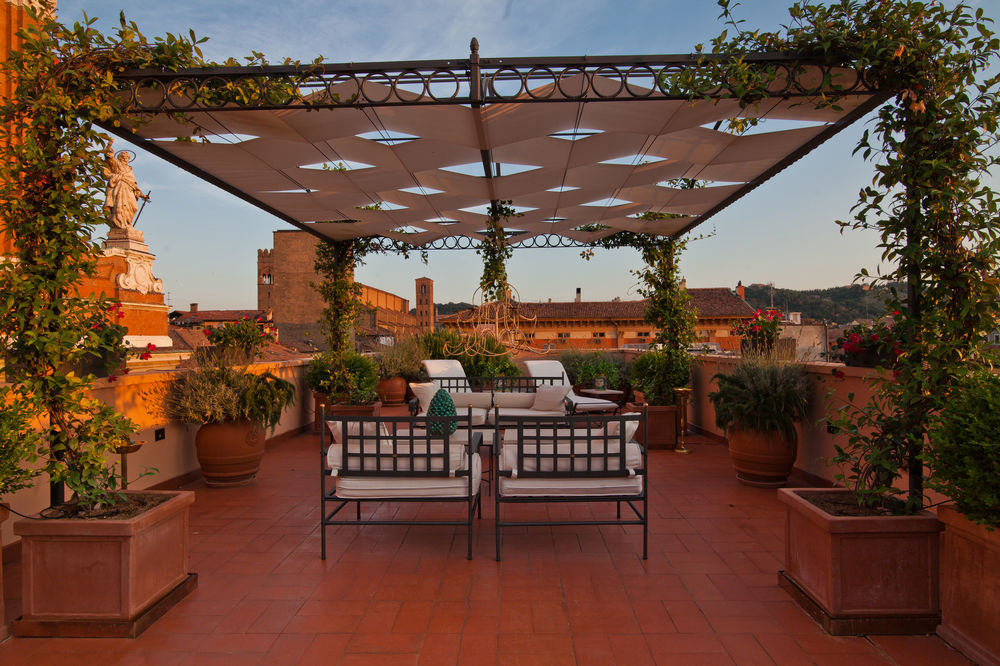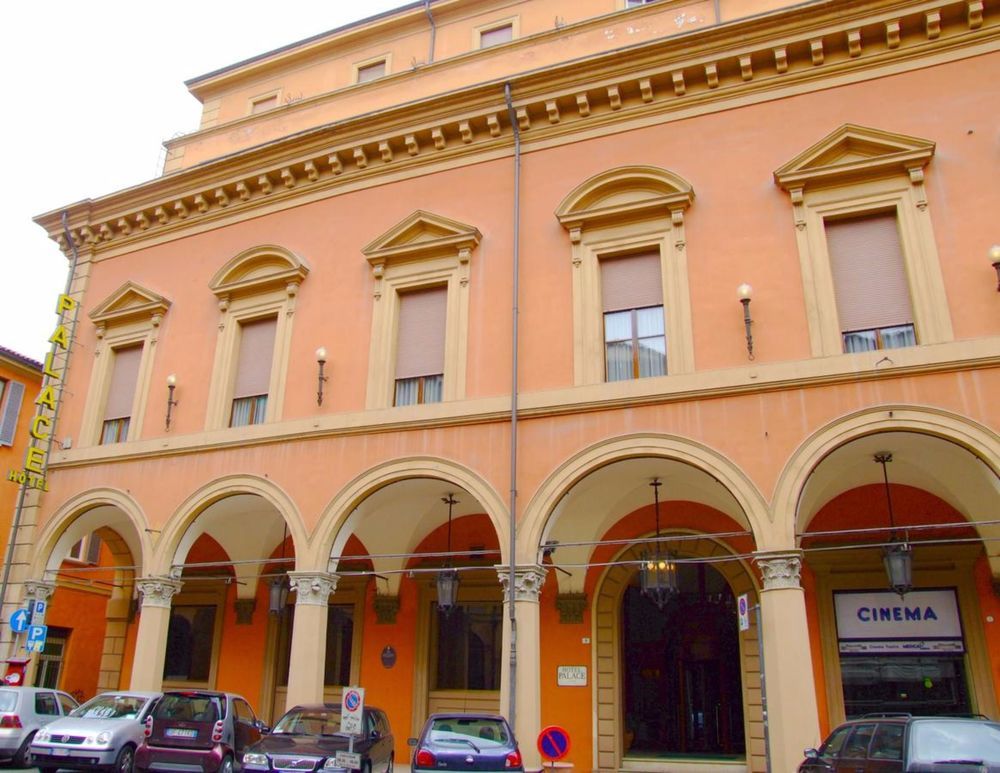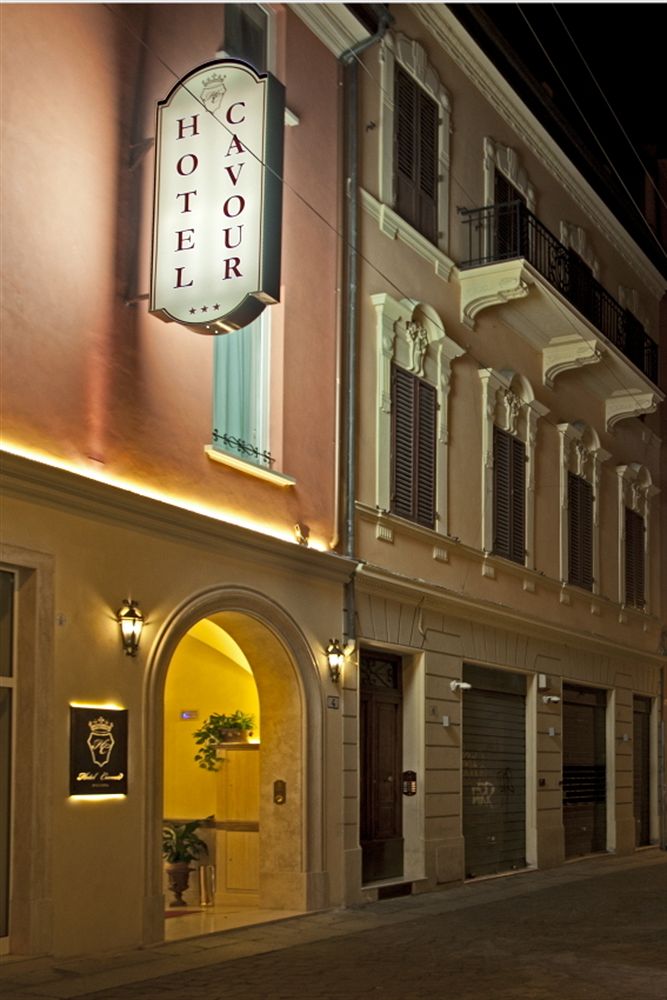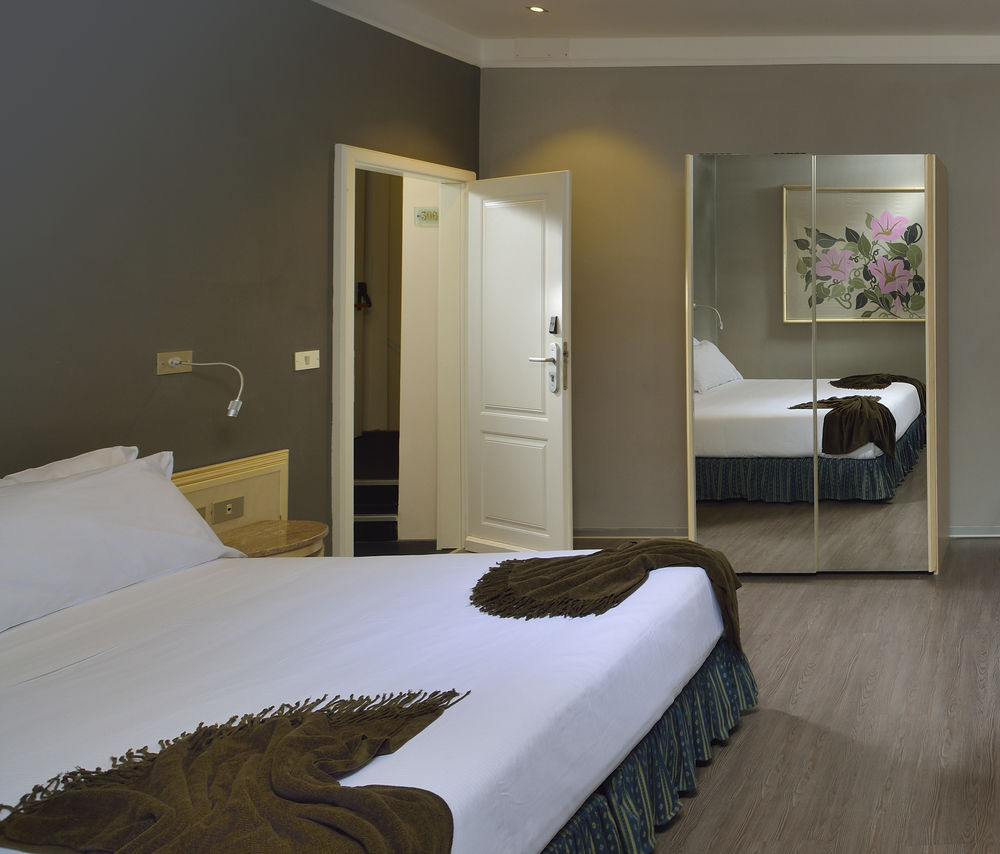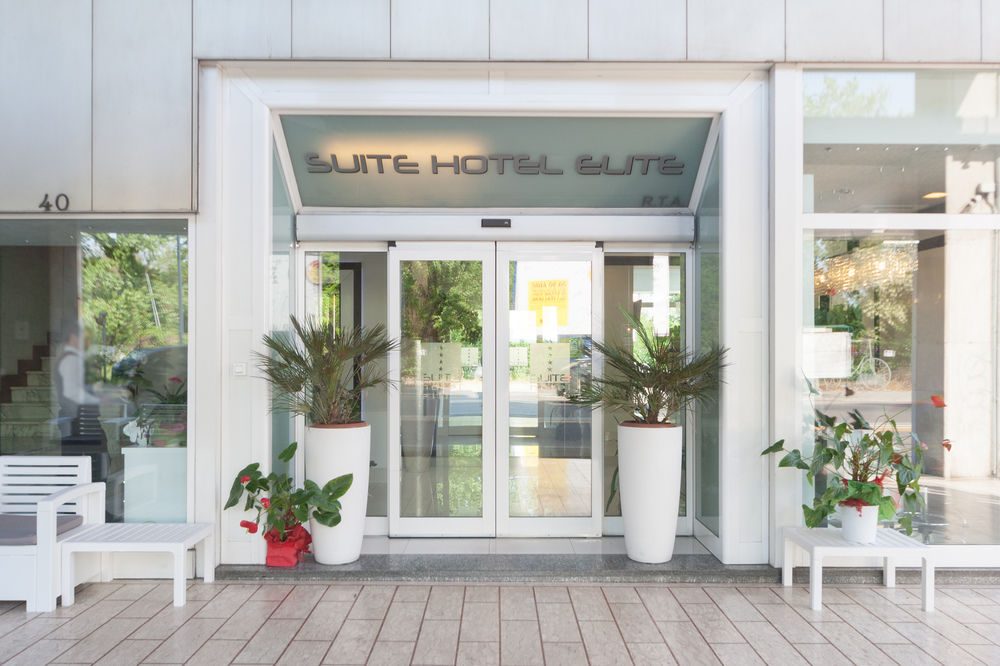
Find hotels in Bologna
Lowest prices detected by AI for hotels
Best
Cheapest
Star Ratings
AI Recommended
Best Hotels In Bologna
Cheapest Hotel Deals in Bologna
Top Rated Hotels
5 Star Hotels in Bologna
4 Star Hotels in Bologna
3 Star Hotels in Bologna
AI-recommended Destinations
Where to stay in Bologna
More About Bologna
“The flavorful city with a red roof”
Bologna (, also UK: ; Italian: [boˈloɲːa] ( listen); Emilian: Bulåggna [buˈlʌɲːa]; Latin: Bononia) is the capital and largest city of the Emilia-Romagna Region in Northern Italy. It is the seventh most populous city in Italy, at the heart of a metropolitan area of about one million people.
Of Etruscan origin, the city has been a major urban centre for centuries, first under the Etruscans, then under the Romans (Bononia), then again in the Middle Ages, as a free municipality and signoria, when it was among the largest European cities by population. Famous for its towers, churches and lengthy porticoes, Bologna has a well-preserved historical centre, thanks to a careful restoration and conservation policy which began at the end of the 1970s. Home to the oldest university in the world, the University of Bologna, established in AD 1088, the city has a large student population that gives it a cosmopolitan character. In 2000 it was declared European capital of culture and in 2006, a UNESCO "City of Music" and became part of the Creative Cities Network.Bologna is an important agricultural, industrial, financial and transport hub, where many large mechanical, electronic and food companies have their headquarters as well as one of the largest permanent trade fairs in Europe. According to the most recent data gathered by the European Regional Economic Growth Index (E-REGI) of 2009, Bologna is the first Italian city and the 47th European city in terms of its economic growth rate. As a consequence, Bologna is also one of the wealthiest cities in Italy, often ranking as one of the top cities in terms of quality of life in the country: in 2011 it ranked 1st out of 107 Italian cities.
 Time UTC+02
Time UTC+02 Currency EUR
Currency EUR Languages Italian, German, French, Slovene
Languages Italian, German, French, SloveneWhat’s Special about Staypia?
Compare hotel prices in real-time
AI finds you the lowest price for hotels in Bologna.
Lowest price for 3.16M hotels worldwide
Book with up to 31% extra discounts only for Staypia members.
Travel bucket list for Bologna
Plan your trip with over 17K 'must see' recommendations for Bologna
Frequently Asked Questions
The best 5 star hotels in Bologna are Grand Hotel Majestic gia' Baglioni, Agriturismo Ben Ti Voglio. Search for the most highly rated hotels in Bologna
The most highly rated hotels in Bologna are Suite Hotel Elite, Hotel Cosmopolitan Bologna, Starhotels Excelsior.
Generally, room reservations are subject to a free refund until the cancellation deadline. Fees may apply after the cancellation deadline, so please check the cancellation deadline on your hotel voucher or in Menu > My Reservation.
If you’re a frequent traveler, Staypia is the best place to get the best hotel deals. You can book hotels with the lowest price of 3.16 million hotels collected by AI, and receive additional discounts for members only.

